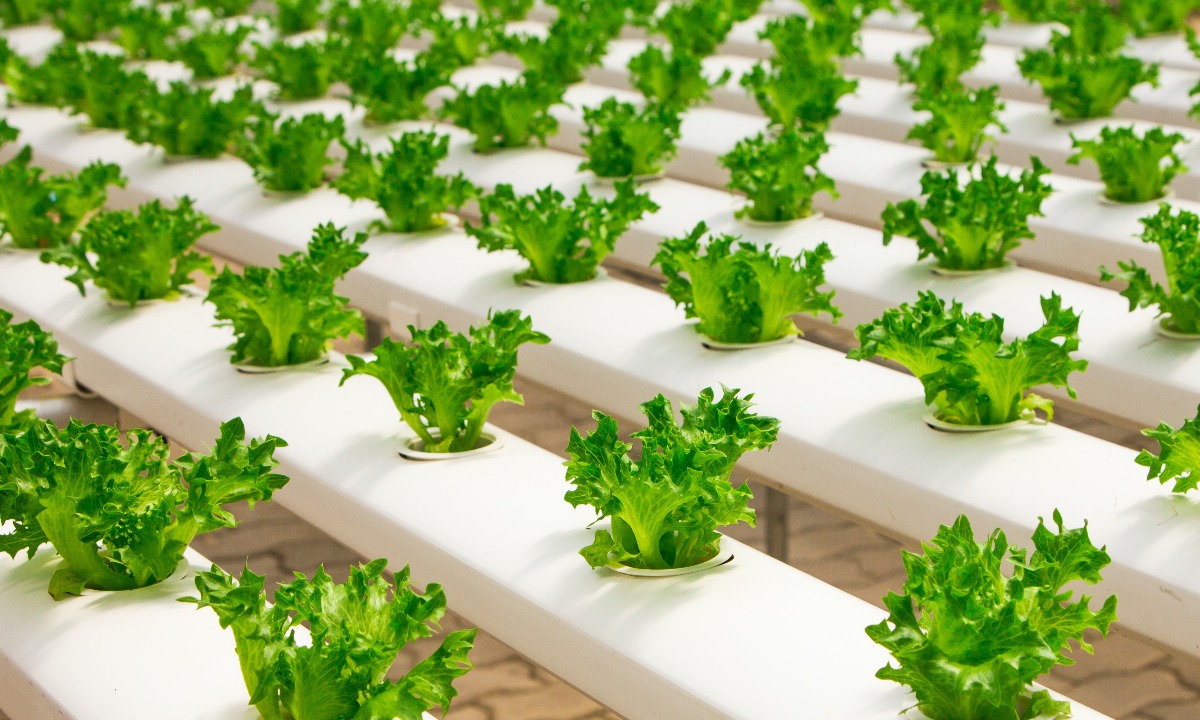Five sustainable food investment trends to watch
By Stuart Forbes on Thursday 26 August 2021

By Stuart Forbes on Thursday 26 August 2021

Interest in sustainable food products accelerated in 2020, with consumers increasingly paying attention not only to what they put in their bodies but also how the production of food relates to global ecosystems, biodiversity and deforestation. From an investment viewpoint, five key sustainable food themes are ripe for further growth in 2021 (and beyond).
Almost a quarter (23%) of all new food products launched in 2019 were labelled vegan, according to Mintel. The market research firm also forecasts the UK’s meat-free market to grow to £658m by 2021, up from £559m in 2016.
While the total number of vegans in the UK has quadrupled since 2014, according to Ipsos Mori research commissioned by The Vegan Society, it is so-called flexitarians – people trying to reduce their meat and dairy consumption for reasons related to health, nutrition and/or sustainability – that are driving this surge in demand.
Big brands are increasingly getting in on the action too. Companies such as Unilever have set sales targets of £900m per year for plant-based foods across global markets, for example. We expect this market to continue to grow in prominence during 2021. Pure play companies such as Beyond Meat, Else Nutrition and The Very Good Food Company will continue to grab market share from incumbents and should see high growth in the coming years. We could also see new IPOs from the likes of Oatly in Sweden, Impossible Foods and JUST Inc in the US.
According to the UN Food and Agricultural Organisation (FAO), over a third of all food produced globally is wasted. The UN Sustainable Development Goal (SDG) 12.3 aims to halve the amount of food wasted by 2030.
From an investment perspective, one way to access the theme of food waste is through companies involved in using technology to create efficiencies in food supply chains. This theme captures businesses that provide logistics technologies to companies operating throughout the food value chain, such as automated warehouse logistics solutions, designed to reduce the amount of food wasted, the price of foods and carbon emissions.
The reduction of plastic and non-recyclable packaging has been uppermost on the agenda of governments and corporations for some years. Unfortunately, hygiene concerns escalated in 2020 and so the shift away from the use of plastic and single-use packaging was stalled (or worse, reversed).
As we exit the pandemic, we expect this hugely important segment to catch the zeitgeist once more. It includes companies engaged in fibre-based packaging derived from sustainable forestry, those producing packaging materials from aluminium and glass, which are both infinitely recyclable, as well as from recycled organic matter that is compostable.
Commercial fishing has long been under fire for the depletion of natural fish reserves and damage to the biodiversity of the world’s oceans. We have all seen images of skeletal coral reefs. Sea-based fish farming depends on food derived from natural fish stocks and releases pollutants into the world’s waters through its waste product.
As an alternative, land-based farming allows for the environment to be controlled. Helping to eliminate sea lice, toxic algae and other external environmental factors.
Finally, land-based farming creates opportunities for the recycling of fish waste to be used as fertiliser for food crops and the creation of renewable energy in the form of biogas. Recirculating Aquaculture Systems (RAS) are a growing area of innovation within the land-based aquaculture industry, and certainly an area to watch going forward.
According to the FAO, aquaculture is one of the fastest growing food-producing sectors and now accounts for 50% of the world’s fish used for food.
At the end of November 2020, the UK government announced the biggest revamp of agriculture in decades. Designed to provide a roadmap for reform once post-Brexit, the government’s ‘path to sustainable farming’ will offer farmers and landowners public money for public good. That means, in theory, there’ll be a financial incentive for farmers to reserve land for wildlife.
On a more global scale, SDG 2 targets the ending of hunger, achievement of food security, improved nutrition and promotion of sustainable agriculture. A huge focus of agri-tech these days, therefore, is aimed at increasing the quantity and quality of crops produced on the same amount of land to be able to feed the world’s growing population.
Precision farming technologies look to improve efficiencies in the use of input resources (such as crop protection products, fertilisers, water and fuel), reduce the negative impact of external/environmental risk factors (e.g., single weather events and climate change) and to reduce the environmental footprint of unbridled agricultural expansion.
We expect companies already on the front foot in the development of smart farming technologies, such as Deere & Co, who manufacture John Deere farming equipment, to benefit further as adoption becomes more widespread.
2 August 2021
Paul Cuatrecasas
13 September 2021
Paul Cuatrecasas
30 June 2021
Paul Cuatrecasas
9 September 2021
David Stevenson